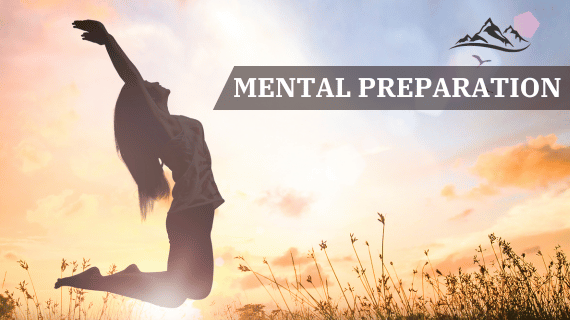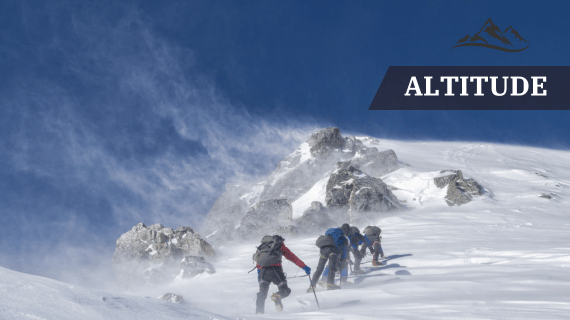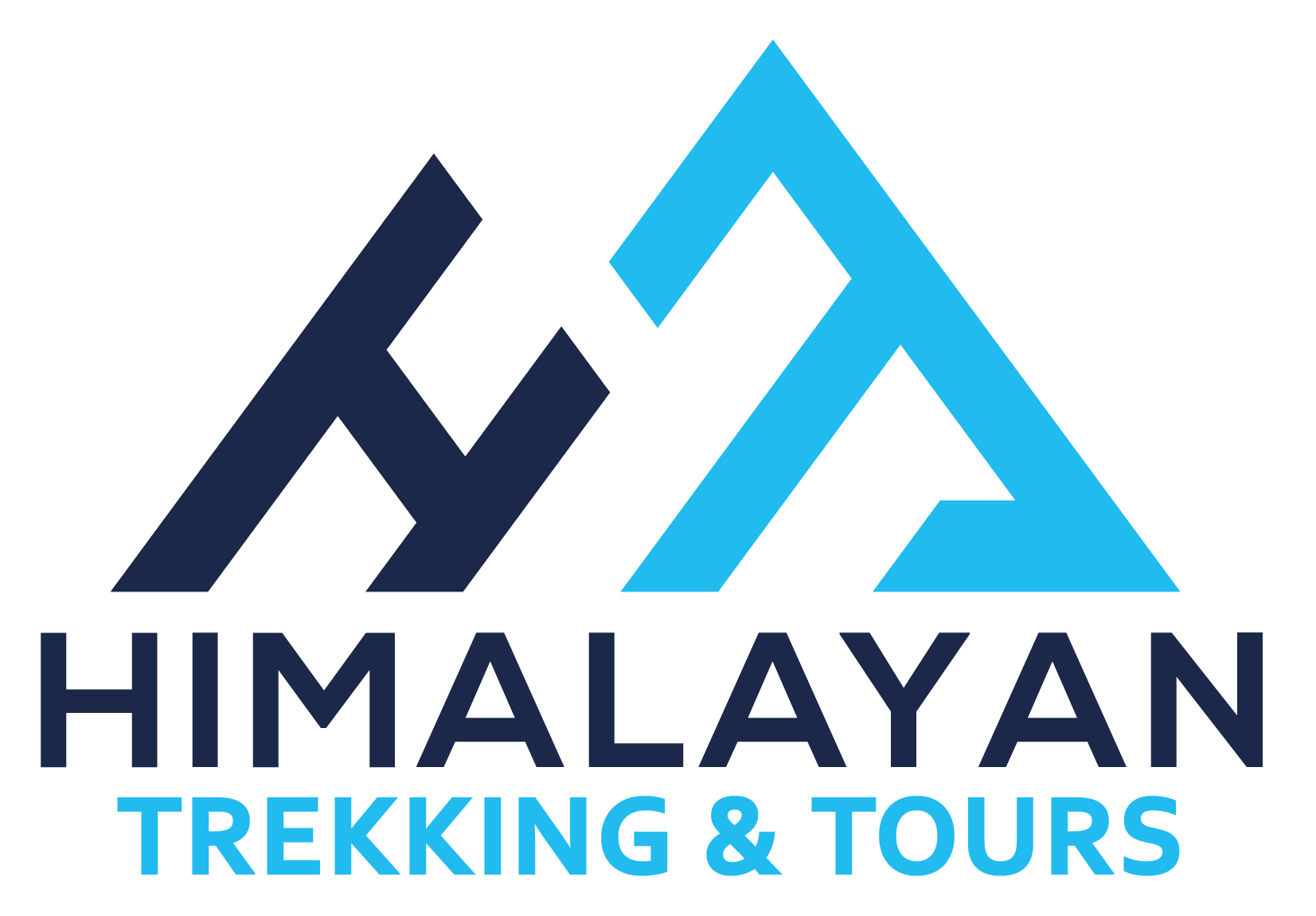Fitness Training
Fitness Training for Treks in Nepal!
Nepal, with its amazing Himalayan landscapes, has long been a magnet for trekkers and adventurers from around the world. From the inspiring trails of the Annapurna Circuit Trek o the challenging terrains of the Everest Base Camp Trek, Nepal offers a diverse range of trekking experiences that draw enthusiasts from everywhere.
However, these treks demand more than just a spirit of adventure; they require fitness training tailored to the specific challenges of the region.
Preparing for the Challenge
Before starting a trek in Nepal, it is utmost essential to recognize that not all treks are created equal. The Nepalese terrain ranges from moderate to very challenging, and fitness preparation should align with the chosen trek.
A customized fitness training program can make all the difference in ensuring a successful journey in Nepal when it comes to Treks in Nepal.

Components of Fitness Training
- Cardiovascular Endurance:
The demanding uphill and downhill sections of Nepalese treks necessitate robust cardiovascular endurance. Regular hiking, brisk walking, and aerobic exercises help build this crucial aspect of fitness.
- Strength and Conditioning:
Trekking with a backpack and navigating uneven terrains require strength and conditioning. Incorporate exercises like squats, lunges, and core workouts to prepare for the trek.
- Flexibility and Mobility:
Enhance flexibility through stretching routines and focus on mobility exercises to prevent muscle strains and injuries.

Mental Preparation
Trekking in Nepal is not just a physical challenge; it’s a mental one too. The unpredictable weather, challenging terrains, and altitude can test your mental resilience. Developing a positive mindset and coping strategies is essential.

Nutrition and Hydration
Proper nutrition and hydration are vital during treks. High-energy foods and staying hydrated can make the difference between success and discomfort on the trail.

Training in Altitude
Altitude sickness is a real concern in Nepal’s high-altitude regions. Acclimatization and altitude training are key to avoiding health issues during the trek.
Hiring a Trekking Guide and Equipment
Consider hiring a local guide who knows the terrain, culture, and language. Additionally, having the right equipment, including clothing suitable for the harsh mountain climate, is crucial.
Fitness Training Programs
We offer fitness training programs for trekkers of all levels, from beginners to advanced. These programs provide detailed exercise routines, schedules, and methods to track your progress.
Staying Safe During Treks
Safety is paramount during treks. Learn navigation skills, stay informed about weather forecasts, and be prepared for wildlife encounters. Don’t forget trekking permits and insurance.
Real-Life Success Stories
Learn about trekkers who successfully conquered the Nepalese trails, with their fitness playing a significant role in their achievements.
In conclusion, beginning a trek in Nepal is a dream come true for adventure seekers. However, to make that dream a reality, investing in fitness training and preparation is a necessity. It is not just about conquering the trails; it’s about doing so safely and with an unforgettable experience.
FAQs
1. How long should I train before a trek in Nepal?
The duration of your training depends on your current fitness level. It is advisable to start at least three to six months before your trek.
2. Do I need to hire a guide for trekking in Nepal?
Yes, it is mandatory that you hire a local guide for safety, cultural insights, and navigating the trails effectively.
3. What’s the best time of year for trekking in Nepal?
The best time for trekking in Nepal is during the pre-monsoon (spring) and post-monsoon (autumn) seasons when the weather is relatively stable.
4. How do I prevent altitude sickness during a trek?
Acclimatization is key. Gradual ascent, staying hydrated, and knowing the symptoms of altitude sickness are crucial.
5. Is trekking in Nepal suitable for beginners?
Yes, there are beginner-friendly treks in Nepal. However, even for beginners, fitness training is essential to fully enjoy the experience.

